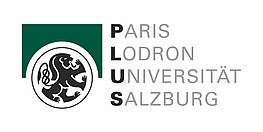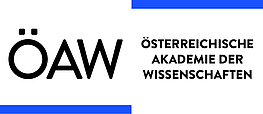Quasi-Monte Carlo Methods: Theory and Applications
FWF Special Research Program (SFB)
Project Part 02 (M. Drmota): Subsequences of Automatic Sequences and Uniform Distribution
SFB funding period 2 (2018-2022)
In the second funding period are automatic sequences again at the center of the interest of this project part.
The first main topic is the study of automatic sequences along squares $t(n^2)$. It is planned to provide a complete characterization when the asymptotic frequences of $t(n^2)$ exist and when we have also a corresponding independence laws for the blocks $(t(n^2), t((n+1)^2, \ldots, t((n+k-1)^2)$. These kinds of results have been already obtained for block-additive funtions modulo $m$ within the first funding period.
Secondly we plan to study similar questions for automatic sequences along Piatetski-Shapiro sequences $t(\lfloor n^c \rfloor)$ for $c> 1$. Up to now this is only completly understood for $1< c < 4/3$ (by a result of Deshoulliers, Drmota and Morgenbesser) and for $1 < c < 1.5$ for the Thue-Morse sequence.
Finally we will consider the Sarnak conjecture for products of automatic sequences related to coprime $q$'s and for special morphic sequences. This research is based on Müllner's recent proof of the Sarnak conjecture for automatic sequences (which has been obtained within the first funding period).
SFB funding period 1 (2014-2017)
Automatic sequences are sequences $t(n)$ on a finite alphabet that are the output of a finite automaton. These kind of sequences have got a lot of attention during the last 10 or 15 year. There are very close relations to dynamical systems, to digital expansions, to uniformly distributed sequences and also to number theory.
The underlying idea of this project part is to study certain subsequences of automatic sequences and to describe their distributional behavior. For example it has been already shown by Deshoulliers, Drmota and Morgenbesser that $t(\lfloor n^c \rfloor)$ has the same distribution as $t(n)$ for all $c\in (1,7/5)$. Furthermore Drmota and Morgenbesser have characterized the distribution behavior of $t(n^2)$ for so-called invertible automatic sequences. This line of research is mainly motivated by the recent developments on the so-called Gelfond problems on the prime values $s_q(p)$ and on polynomial values $s_q(P(n))$ of the sum-of-digits function modulo $m$.
The concrete goals of this project part are to characterize -- as far as possible -- the distributional behavior of subsequences of automatic sequences $t(n)$ of the form $t(\lfloor n^c \rfloor)$ (for $c\gt1$), $t(P(n))$ for polynomials $P$ of degree greater than $1$, and $t(p)$ for primes $p$ and to study similar questions for more general digital expansions like the Zeckendorff expansion (that is based on Fibonacci numbers).







